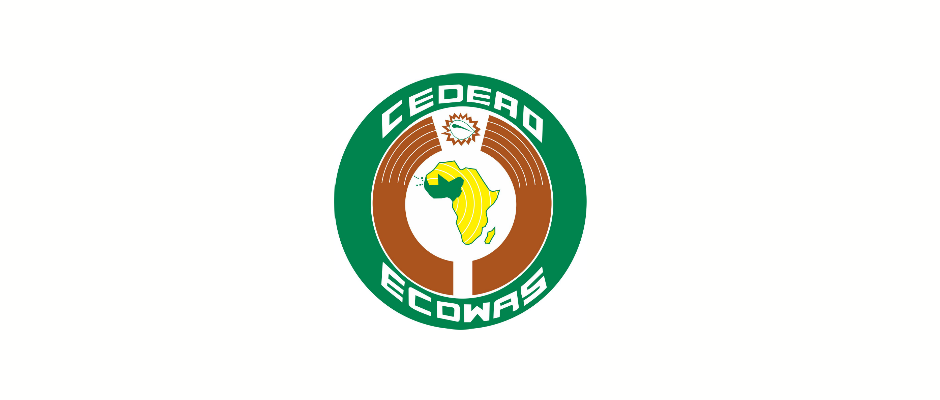- The West African Health Organisation has intensified surveillance and preventative measures against mpox, warning against bushmeat consumption as a transmission source
- Dr. Aisha Usman emphasized the need for cross-border cooperation and public awareness to combat the spread of mpox in Nigeria
The West African Health Organisation (WAHO) has enhanced its surveillance and preventative measures to combat the spread of mpox (formerly known as monkeypox).
Under the Economic Community of West African States (ECOWAS), WAHO has expressed concern over the continuous spread of the disease and has issued warnings against the consumption of bushmeat, a possible transmission source.
Dr. Aisha Usman, WAHO’s Technical Advisor on Cross-Border Surveillance and Workshop Capacity Development, spoke during the National One Health Surveillance and Information Sharing Operational Tool (SIS-OT) workshop in Lagos.
The four-day event brought together stakeholders from the National Centre for Disease Control (NCDC), the Federal Ministries of Agriculture and Food Security, Environment, and other relevant agencies.
Dr. Usman emphasized that the organisation has reinforced cross-border surveillance and is actively sharing information with stakeholders to prevent the spread of the disease across borders.
She revealed that while mpox has been confirmed in four West African countries, Nigeria has been dealing with the disease since 2022, making it endemic in the country.
“For the West African region, four countries, including Nigeria, have confirmed mpox cases. However, in Nigeria, mpox has been endemic since 2022.
The NCDC has taken significant steps with an emergency guide, management strategies, and training programs,” Usman stated.
She also advised the public to avoid consuming bushmeat, as mpox can spread from animals to humans, from human to human, and from animal to animal.
